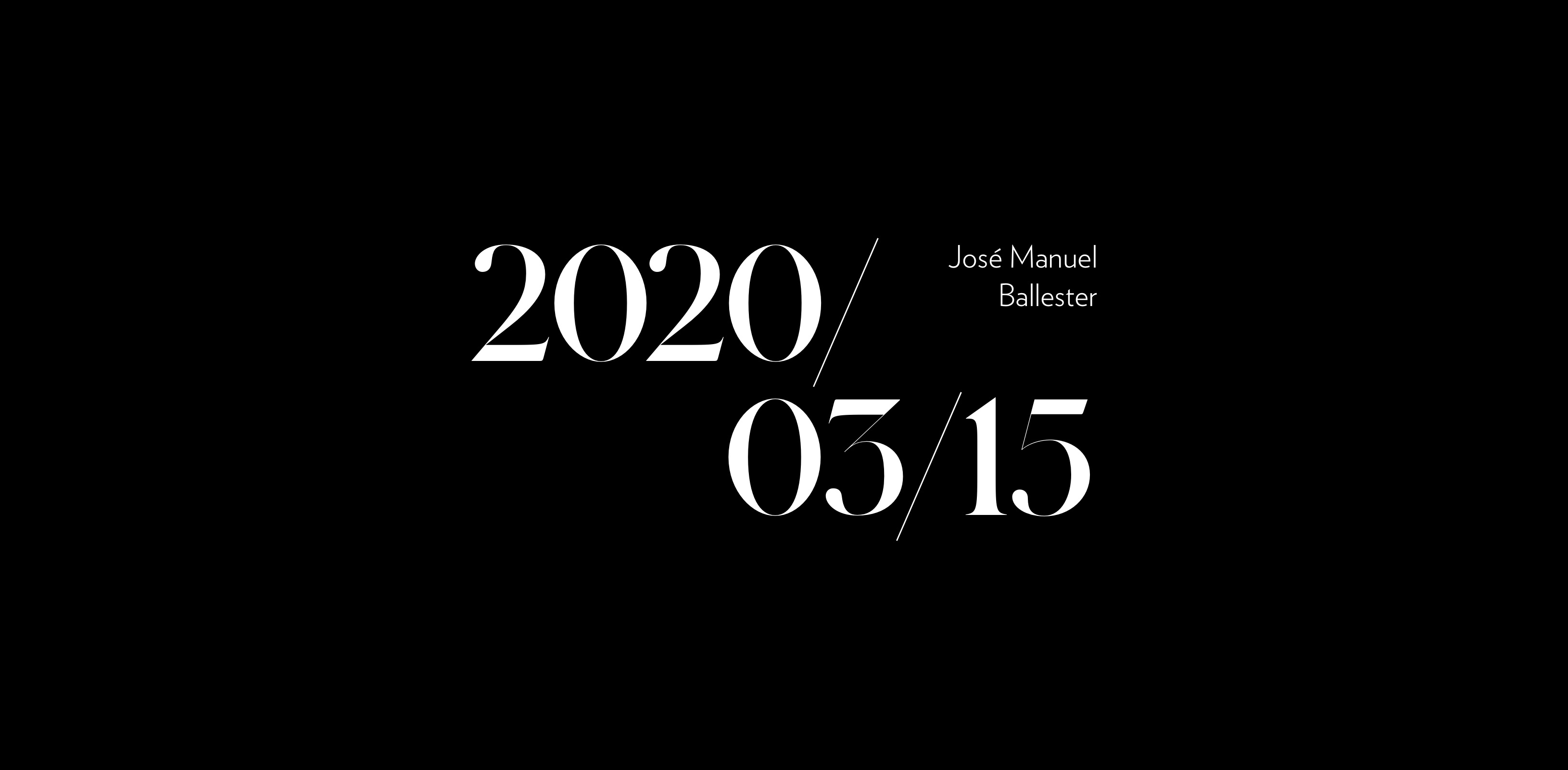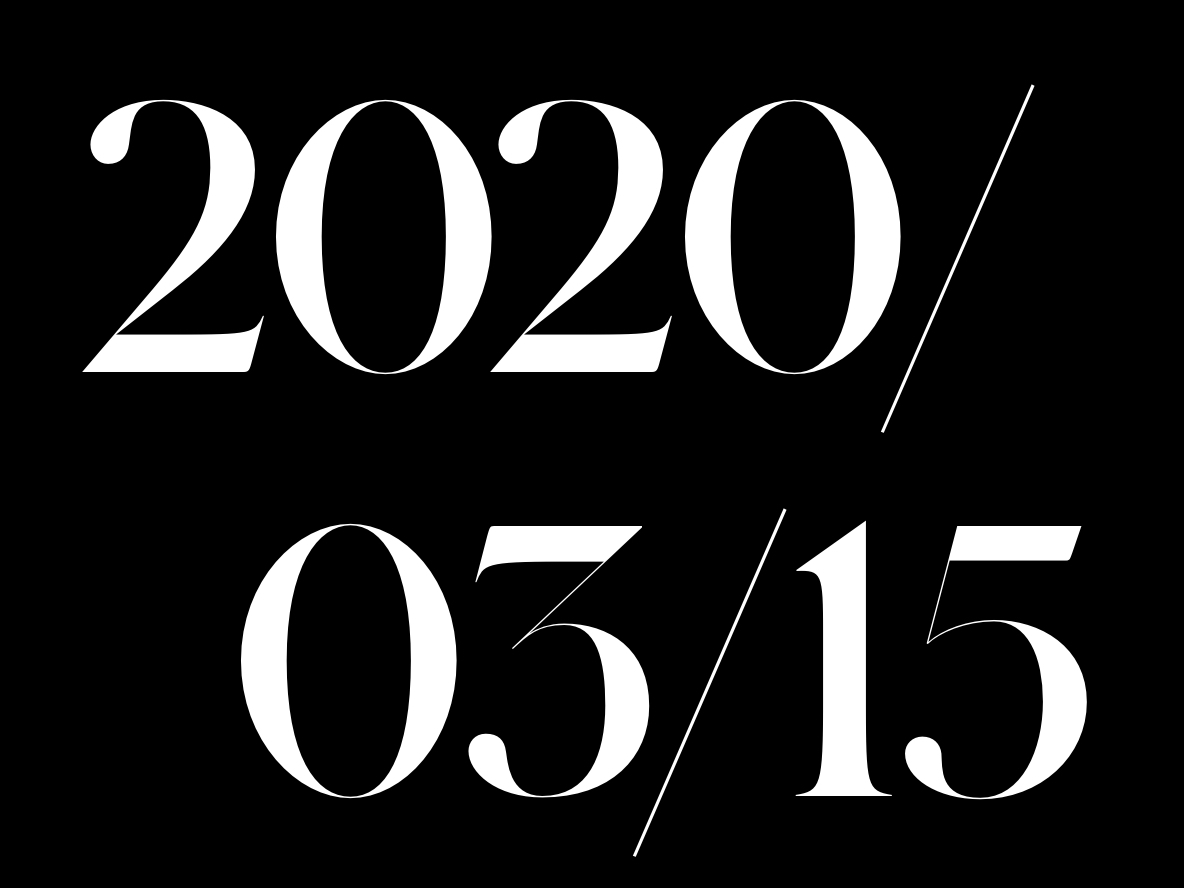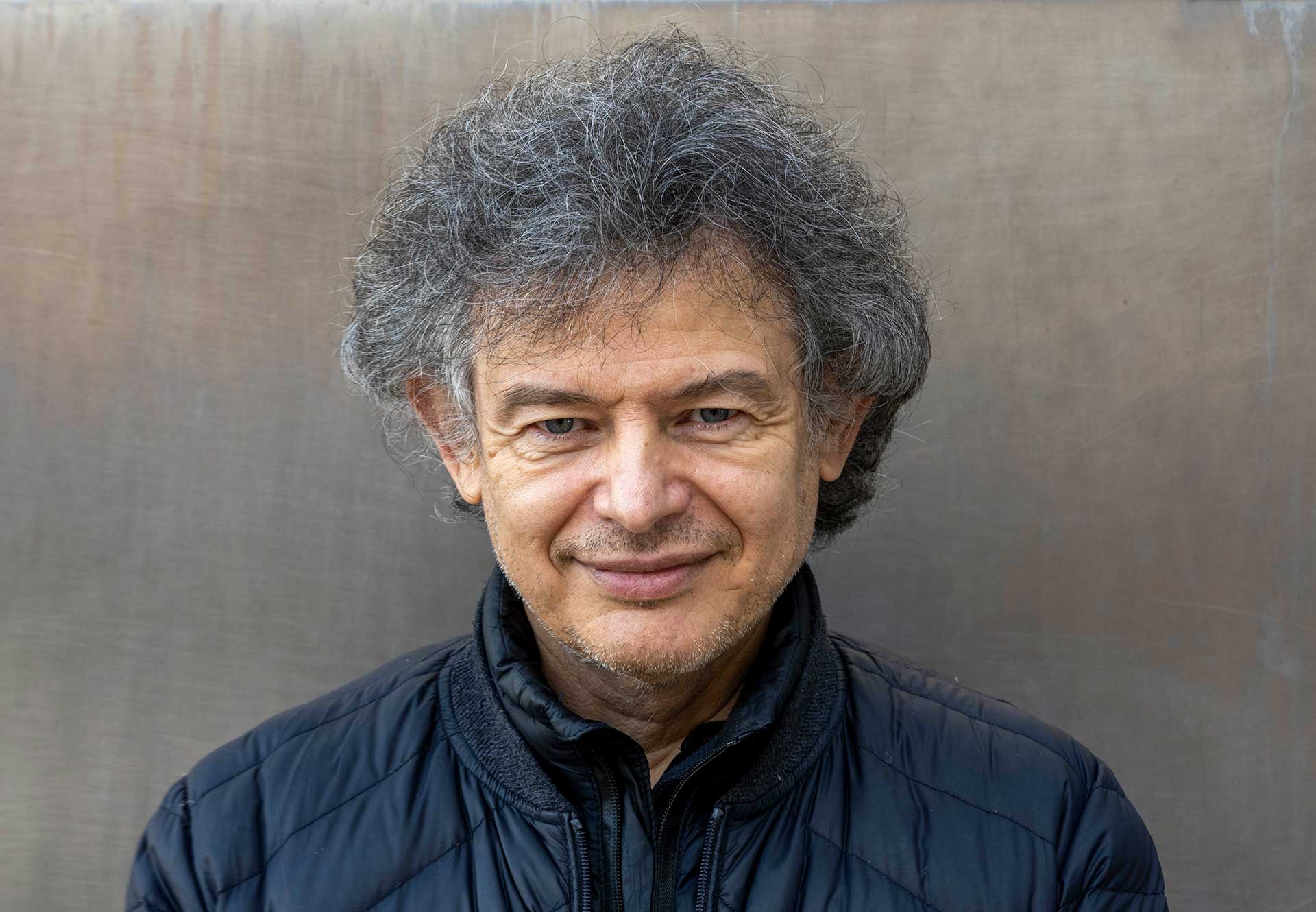2020/03/15 José Manuel Ballester

December 3, 2020 - February 10, 2021
“I think people talk too much; that’s the truth of the matter. I don’t believe in words. People use too many words and usually wrongly. I am sure that in the distant future people will talk much less and in a more essential way.” —Michelangelo Antonioni, 1969
Emptiness is with us through different presences: in the guise of an illness, sadness, loneliness, yet also as an opportunity for inner exile, to deal with our own ghosts, as a sublime expression of love or of the most important thing in life, vitality, thinking. This project forces us to notice the tension of every moment as an invitation to peer at past and present situations and consider a hopeful future.
Through photography, José Manuel Ballester seeks to encapsulate time, halt it, take a break from the pace of life by immersing the viewer in architectural non-spaces. Ballester is interested in empty places, in portraying people through their traces and reflections. His works inquire into the solitude of the individual and the contradictions of the modern world through their urban settings; everyday places are transformed into timeless backdrops where the hidden and the visible, the public and the private, the bipolar, act as factors that reveal the human condition.
This project presents a selection of the pictures taken by José Manuel Ballester over the course of three days in April, in the midst of the pandemic. About these images, the artist says, “The absence of humans on the streets created rare images of utterly empty roads, avenues, and squares, but the eeriest of all was knowing that all the residents were there, just a few meters from me, protected within the walls of their homes. Silence reigned, even though they were so close.”
These unusual images reflect the reality experienced in Bilbao and in many other cities around the world during the lockdown, and along with the work About the Guernica 2009/2020, they convey a faithful yet updated image of the historical event and the human tragedy by offering a reflection of the horrifying consequences of events like wars and pandemics.
COLLABORATORS:





